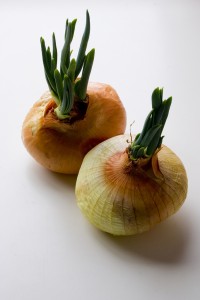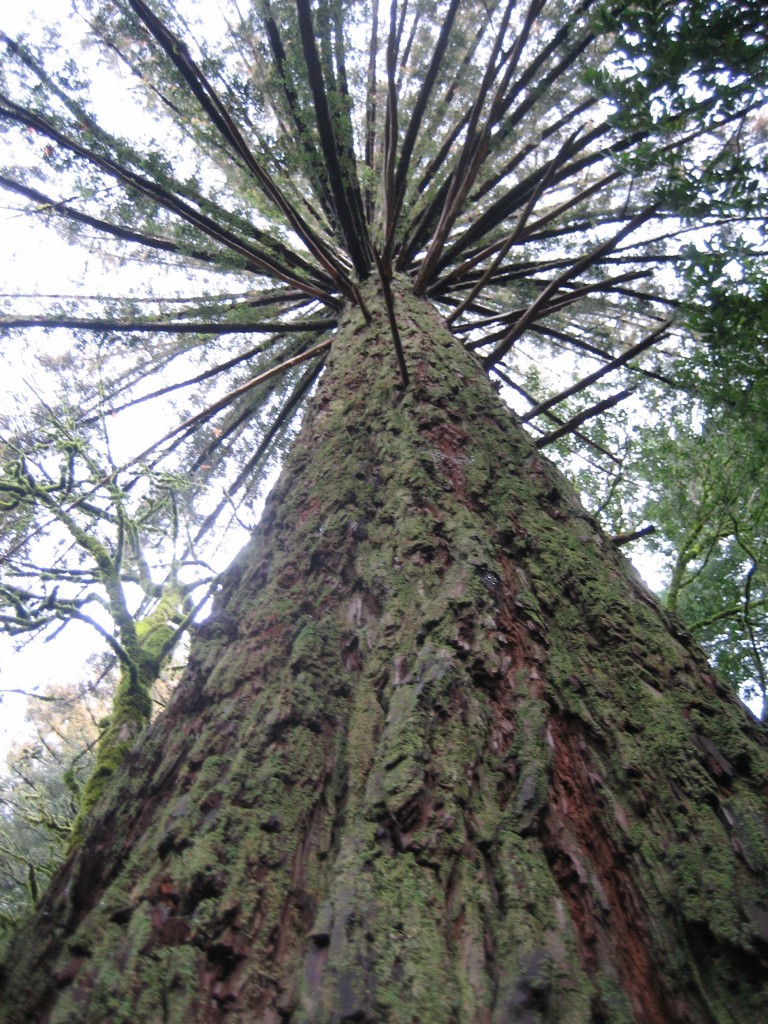This isn’t a lot that is biologically exciting about the EverMild onion from what I can tell. Hopefully there will be more details on Monday when these onions are officially announced on Monday, but the short version seems to be that plant breeders at Seminis have developed a variety of sweet onion that can be grown in the pacific northwest over the winter, supplying sweet onions grown within the US at a time when they normally must be shipped in from the tropics or southern hemisphere.
So plant breeding has produced a new hardier variety of sweet onion* and is taking part in the new trend towards “branded” breeds of produce (like the Jazzman rice I talked about earlier this year). This would normally hardly be news (Seminis sells over 3500 kinds of seeds and they’re adding one more), and if it was at all, would be a story of reducing the demand for imported food with new varieties adapted to the US (again there are parallels to the Jazzman rice story). But I expect we will be hearing a fair bit about the EverMild onion at some point, because Seminis was bought by Monsanto several years ago, and I’ve alreadying read comments from people convinced it is a “secret GMO.” Nevermind that sweet onions (onions breeds that are lower in sulpher) have been around for a century. (more…)

